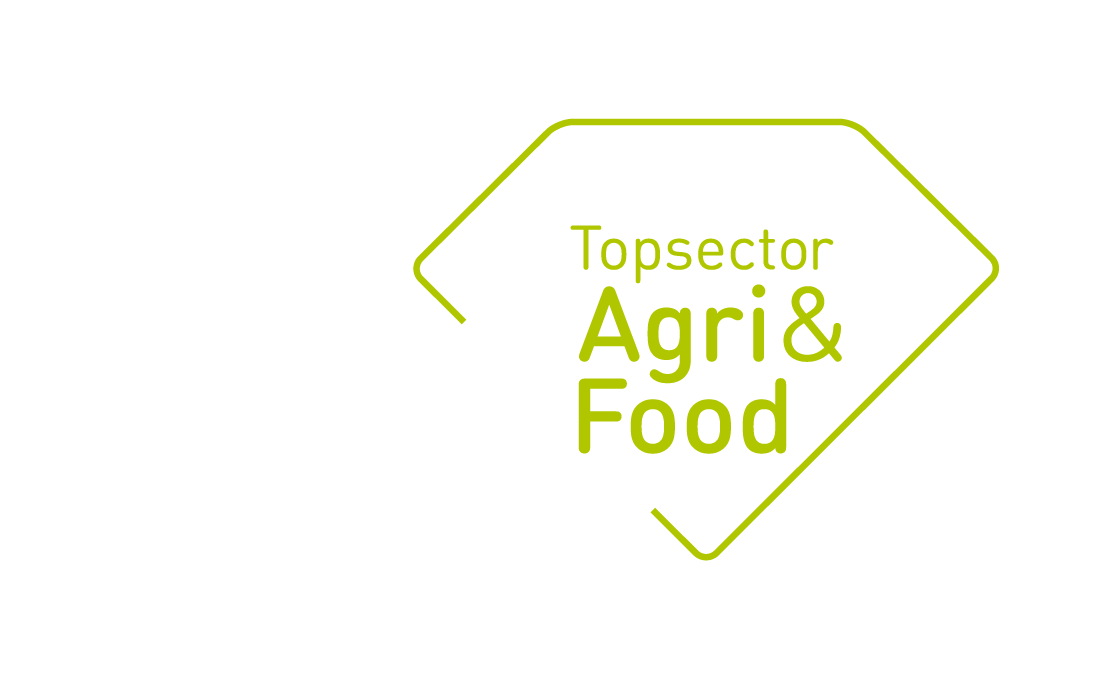Working area Sustainability: towards state-of the-art performance
Ambitious goals
The Top Sector Agri & Food has formulated ambitious goals in order to further strengthen the sustainability of the sector. This translates into “more with less”, ie. the realization of increasing the added value and more efficient use of inputs, whereby people, animals and nature are central. In implementation, Top Sector Agri & Food joins in as much as possible with the ongoing processes from the Implementation Agenda for Sustainable Livestock Farming (UDV), the Alliance for Sustainable Food (AVV) and the Sustainable Trade Initiative (IDH). Sustainability is an integral part of the Top Sector’s knowledge & innovation agenda.
A coordination group has been set up for the working area Sustainability wherein there is close cooperation between the AVV and UDV, which is expressed through a representative of both partnerships in this group. A connection has also been made with the IDH.
Within the working area sustainability the focus lies on four objectives:
- More efficient use of raw materials and semi-finished products throughout the food chain (including food waste).
- Limiting and valuing residual flows.
- Integral sustainability of animal chains.
- Contributing to more sustainable import flows, for example through a raw materials approach.
The coordination group has, among other things, focused on the realization of the SBIR ‘Sustainable food production‘ (budget € 2.0 million). In 2014, 16 feasibility projects in this context were allocated. At the end of 2015, 5 development projects were subsequently allocated. These projects focus on the processing of vegetable residue into valuable protein, better potato storage, green phosphate and sustainable fish farming.
Sustainability performances
In order to obtain a better picture where the sustainability challenges within the Top Sector Agri & Food lie, the Coordination Group has commissioned WUR / LEI to make a state-of-the-art in the field of sustainability performance for four main raw materials in the potato, sugar, pork and dairy chains. The four raw materials are land, water, energy and phosphate. Here, the focus is mainly on the opportunities and challenges that exist in the area of more efficient use of raw materials. In addition to this study, it was also examined to what extent efficient valorisation of residual flows within the chains takes place.
Main conclusions based on the LEI report:
- It can generally be observed that within these large chains, production is becoming more and more sustainable. In particular, the residual flows are largely being sustainably reused.
- There are opportunities for the use of raw materials phosphate and energy. Improvements can mainly be found in reducing energy consumption and increasing energy production through fermentation and sustainable energy production by solar power, wind or biomass. This is a step that can be made in all four chains. Furthermore, the closing of the mineral cycle gives the opportunity of making better use of nutrients.
- It is clear that every link in the chain is important in order to contribute to a more sustainable end product. This applies to supply, primary production, trade, transport and sales.
Sustainability benchmark
The sustainability coordination group of the Top Team Agri & Food has requested the assistance of Wageningen Economic Research to provide insight into the sustainability performance of the Dutch agriculture & food sector on the basis of the Food Sustainability Index (FSI). This can show how the Dutch agri and food sector is performing as to sustainability when compared to its main competitors. In 2010, the first edition monitoring the transition of sustainable agriculture was published.
Sustainable soil management
In the Top Sector Agri & Food, sustainability is mainly addressed as ‘dealing with raw materials more efficiently ‘; less loss (more with less). However, it is and remains a limited definition of the actual issue.
More and more people are searching for a truly integrated approach that also addresses evading responsibilities: sustainable, circular food systems that include soil management and water.
One of the most important production factors in the agri and food chain is fertile soil. Due to, among other things, declining organic matter levels, the soil is under great strain. Farmers and horticultural producers are usually aware of this, but are often guided by customer demand when making decisions that affect soil conditions. The customer is often unaware that their demands influence soil conditions and ultimately food security in the future.
Based on this analysis, the Coordination Group for Sustainability made ‘soil’ a spearhead in 2017 and it found that integral soil management is the basis for the continuity of our food production: soil is of great importance for agriculture and for society as a whole. If we take accountability, this implies our responsibility for future generations. They must be able to use the soil for agriculture, horticulture, nature, drinking water etc.
In order to delve deeper into this theme, leading chain partners in The Netherlands will be invited to boost existing and innovative soil initiatives together and to come to a more concrete agreement.



